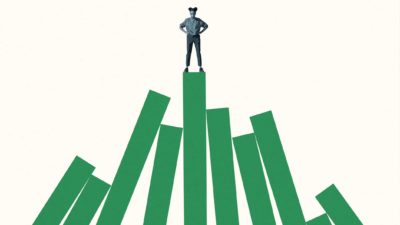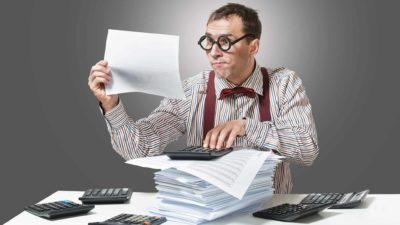I think that the best time to invest may make you feel uncomfortable.
The best time to invest in a (good) share is when most other investors don't want to invest in it.
It might feel easy to invest today in a business that is riding high like Redbubble Ltd (ASX: RBL) which is reporting good growth numbers each quarter despite COVID-19. I'd still be happy to buy shares at almost $5 today.
But imagine if you'd bought Redbubble shares earlier this year. It was around $1.10 at the start of the year. You'd be up around 350%.
What about if you'd bought at the market bottom on 23 March 2020? Your Redbubble shares would be up by 975%.
There are plenty of examples of businesses that have risen strongly since the March 2020 lows. Kogan.com Ltd (ASX: KGN), Temple & Webster Group Ltd (ASX: TPW), JB Hi-Fi Limited (ASX: JBH) and Afterpay Ltd (ASX: APT) are just a few names that have rebounded strongly.
But you would only get to take advantage of buying at those market lows if you were willing to put money into the share market when everyone else was losing their minds.
About eight months ago I thought the COVID-19 period of falls represented a once-in-a-generation opportunity to buy shares. I invested quite heavily during March and April and thankfully quite a few of my investments from that period are up between 50% to 100%. I wish I could have invested more!
This year the best time to invest was during the market crash because that's when uncertainty was the highest.
Why March 2020 was so worrying..and such a good time to invest
Looking back seven months ago, things looked a lot different to today. There wasn't the government and central bank support that came into force soon after.
There was an accelerating number of COVID-19 cases across the world, particularly in New York and Europe. The number of deaths in Italy had almost reached a daily peak. Restrictions were tightening across the world and international borders were shutting.
It seemed as though many businesses could go to the wall. Things were looking dire for many discretionary businesses – it's why the Afterpay share price plunged to $8.90.
But it can be dangerous to extrapolate negativity for too long. Governments and central banks were likely to do something to support the economy like they did with the GFC. Though this level of support was unprecedented. The Australian government's stimulus was (and is) particularly supportive with jobkeeper.
Warren Buffett has a great quote for investing during uncertain times. He said investors should be "fearful when others are greedy, and greedy when others are fearful." It was an opportunistic time to be greedy.
But now share markets have zoomed higher. Does that mean we should wait for the next crash?
Long-term returns are usually great whenever you invest
Who knows when the next crash is going to be? It could be a few weeks away with the US election. Or it could be over a decade away. There was an 11-year gap between March 2009 and March 2020.
I don't think it makes much sense to wait that long to invest. There are a lot of dividends that can be paid and a lot of compounding that can occur in a decade.
The share market has returned an average of 10% per annum over the long-term. That average includes all the crashes and difficult times.
The only time your investment may not show good long-term returns is if you invest just before a big crash like the GFC, or dot com crash 20 years ago. But most people regularly contribute throughout their life to their portfolio, it's unlikely that many people will have dumped $1 million from a lottery win in one go in October 2007.
The long-term returns of some investments over the past decade has been really good. You don't have to invest at the bottom to make good returns in you invest in good businesses.
For example, iShares S&P 500 ETF (ASX: IVV) reports that it made average returns of per annum 17.05% over the last 10 years.
One ASX share I own, a listed investment company (LIC) called MFF Capital Investments Ltd (ASX: MFF) has made total shareholder returns (TSR) of an average of around 17.5% per annum over the past decade.








